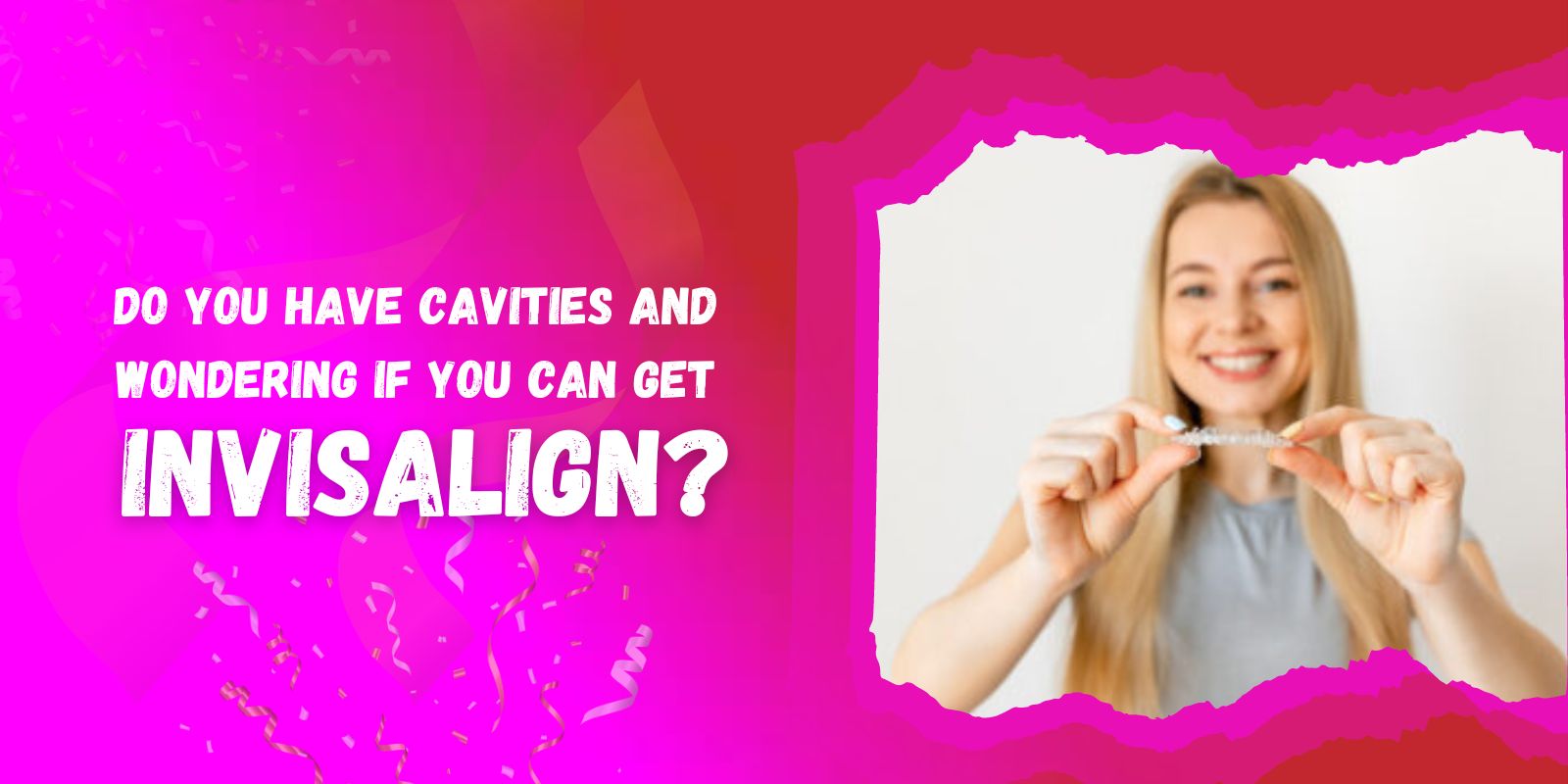We are often asked a common question. “Can I can go through the Invisalign treatment if I suffer from cavities?” Theoretically speaking, you can have Invisalign treatment even if you have cavities in your teeth. But practically, the answer is somewhat twisted.
Let us explore more on this topic in the following section. Before you grab those stunning Invisalign deals in London, it pays to know whether you should go for them.
When you have cavities in your tooth
Let us keep Invisalign treatment aside for a minute. “What if you had cavities in your mouth?” Having cavities in your mouth is not something normal.
When do you develop cavities? They are usually caused by decay in the teeth, which is again not good for your oral health.
Due to cavities, you could suffer from sensitivity, throbbing pain, swelling, tooth loss, and what not. Things become nasty when you do not take steps to treat them. The longer you leave them untreated, the costlier and more complex they will be to repair in the future.
If you are not careful with Invisalign you could develop cavities
However, you can develop cavities with or without Invisalign. No matter whether you are wearing aligners, if you are not religiously following a great oral hygiene routine, cavities are bound to follow.
In one situation, the odds of developing cavities with Invisalign become higher. When you do not put enough attention to your oral health. Since you have aligners wrapping around your teeth, food particles and debris are highly likely to attach to the biting surfaces easily. If you do not remove them before inserting your aligners, you put yourself at a higher risk of decay and cavities as a result.
Whether you have cavities or not – your dentist will do an x-ray of your teeth before getting started with the Invisalign treatment.
When you have holes in your teeth – is Invisalign worth it?
Imagine you are constructing a property. You do not just pile up a wheelbarrow of bricks while adding them one by one until you have successfully created a beautiful bungalow. Why? This is because you have missed something vital i.e., the foundations of the house.
The same happens with our teeth. When you start moving a tooth when there is a cavity it may move. However, chances are that it will flare up eventually causing pain and discomfort sooner or later.
Since your teeth are hollow and weak, the aligners you wear start putting pressure on your teeth, causing them to move your teeth. This means that the tooth becomes more prone to break, causing more complex and costly work.
To add to the misery, now your clear aligners are not going to fit properly in your mouth. Your clear aligners are crafted to perfectly fit your teeth. When they no longer fit your teeth properly, they will barely work the way they should. This will add up to the time of your treatment.
Invisalign and Cavities
Let us say you have cavities and you still are undergoing orthodontic treatment. You reach the end of the treatment without treating it first. Everything is done and you decide to put your retainers on.
But unfortunately, they do not fit in your mouth. Now you are left with only two options. Either you have to accept that you do not have any retainers (however, we all know what happens if you do not wear them – they will start recoiling back). That means you are going to have to spend a large amount of money and time because you are now reversing it all.
The most logical approach? You may want to get new retainers to make the process work. Having retainers means your Invisalign treatment results are bound to last. However, remember that they would not come cheap. So, be prepared beforehand before taking any major decision.
To check whether you have cavities in your mouth or not, your dentist will do an x-ray check on your teeth prior to any orthodontic treatment. Checking cavities becomes all the more important and a rational approach in case you have cavities already in your mouth.
How to prevent cavities during Invisalign treatment?
Experts always recommend visiting a professional hygienist prior to having the Invisalign treatment. At first, your hygienist will remove any tartar and plaque sticking to the molars. They will provide you with the right knowledge on how to keep your teeth healthy and cavity-free while you are on the Invisalign treatment.
Insanity Fit Test: Guide to Achieving Fitness Goals
Ensure you maintain good practices and your oral hygiene routine is of a high standard. You may be brushing and flossing your teeth every day as needed. With Invisalign, the only extra thing you can do is brush your teeth once you are done eating and before putting your aligners back inside the mouth.
You will also need to clean your aligners. Make sure you soak them in cold water and baking soda mix to gently remove the debris that sits on them. This way, you can make sure there are no bacteria left that could cause any harm to the teeth.
Contact your local dentist’s office to check if there are any Invisalign deals in London. If you have decided to undergo treatment make sure you do your research first on which treatment plan will suit you best.
